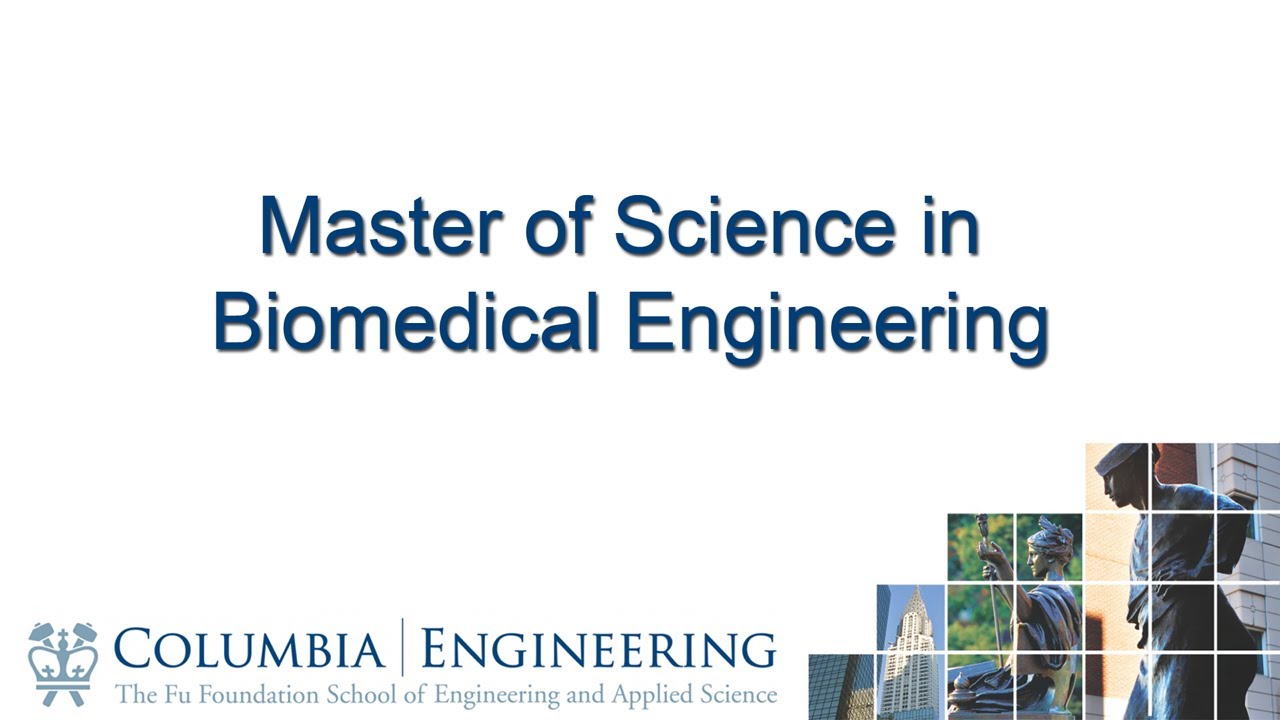A biomedical masters degree provides advanced training and expertise in the field of biomedical sciences, combining biology and medicine with engineering and technology. This degree equips students with the knowledge and skills necessary to contribute to groundbreaking research and develop innovative solutions to healthcare challenges.
Types of Biomedical Masters Programs
- Master of Science (MS) in Biomedical Engineering: This program focuses on the design, development, and application of engineering solutions to medical problems.
- Master of Science (MS) in Biomedical Sciences: A broader program that covers various aspects of biomedical research, including genetics, physiology, and pharmacology.
- Master of Public Health (MPH) in Biomedical Sciences: This program focuses on public health issues and the development of strategies to improve health outcomes.
Areas of Specialization in Biomedical Masters Programs
- Biotechnology: Applying biological processes to develop new products and technologies.
- Bioinformatics: Using computational techniques to analyze biological data.
- Medical Devices: Designing and developing medical devices and equipment.
- Pharmacology: Studying the development, use, and effects of drugs.
- Genetics and Genomics: Investigating the human genome and its role in disease development.
- Biomechanics: Studying the mechanics of biological systems, such as the human body.
Benefits of Pursuing a Biomedical Masters Degree
- Career Advancement: A biomedical masters degree can open doors to exciting career opportunities in research, academia, industry, and healthcare.
- Specialized Knowledge: Graduates gain in-depth knowledge and expertise in their chosen field of biomedical science.
- Research Experience: Many biomedical masters programs include research components, providing students with valuable hands-on experience.
- Networking Opportunities: Graduate programs offer opportunities to connect with other researchers, faculty, and industry professionals.
- Salary Potential: Biomedical engineers and scientists often command competitive salaries due to the high demand for their skills.
Career Paths with a Biomedical Masters Degree
Graduates with a biomedical masters degree can pursue a variety of career paths, including:
- Research Scientist: Conduct research in academic or industry settings.
- Medical Device Engineer: Design and develop new medical devices.
- Pharmaceutical Scientist: Develop new drugs and treatments.
- Biotechnology Specialist: Work in the field of biotechnology, applying biological processes to develop new products.
- Healthcare Administrator: Manage healthcare organizations and facilities.
- Clinical Research Associate: Conduct clinical trials and research studies.
In conclusion, a biomedical masters degree can provide a solid foundation for a rewarding career in the healthcare industry. With the growing demand for biomedical professionals, graduates of these programs are well-prepared to make significant contributions to medical research and innovation.
